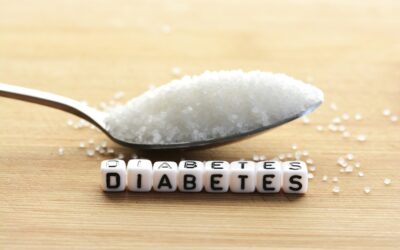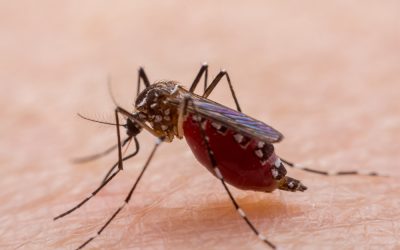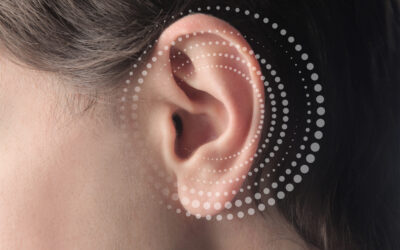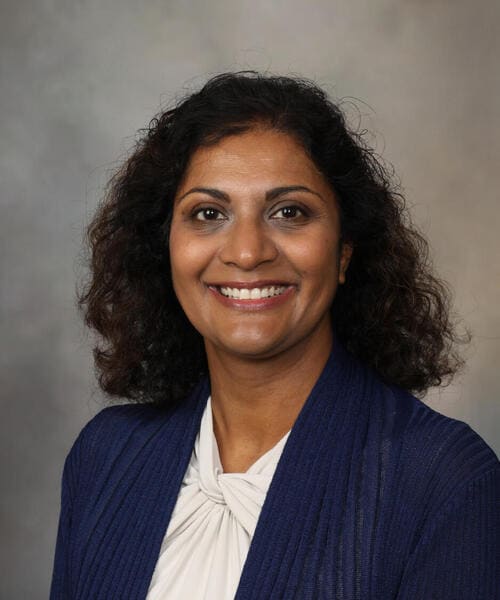Heart disease is one of the fastest growing serious diseases worldwide. According to WHO, heart disease is one of the leading causes of death worldwide. Every year, it kills millions of people. In 2019, data shows that more than 17.9 million people died of heart diseases alone this year. So, in an epidemic like corona, which has severely affected the heart, the risk of these diseases has increased more than before. In addition, health experts attribute poor lifestyle, physical inactivity and eating disorders to the growing risk of heart disease. So today lets see what cardiologist are saying about how to take care of the heart.
It is estimated that if efforts are not made to reduce the risk of heart disease, one in three people may have heart disease by 2030. World Heart Day is celebrated every year on September 29 to make people aware of heart diseases.
To sensitize the people about the increasing risk of heart diseases, a discussion with Ujala Cygnus Hospitals was organized in which health experts discussed in detail all the factors of heart disease and prevention.
Health experts from Ujala Cygnus Hospitals participated in the webinar programme and answered all the necessary questions. Lets see the important points mentioned by health experts in this webinar on how to take care of the heart.
At What Age There is Highest Risk of Heart Diseases?
From one to two decades ago, heart diseases were considered aging diseases, although at present, the risk of heart disease, heart attack, etc. has increased among very young people, says Dr. Nityananda of Ujala Cygnus Hospitals, Delhi.
Dr. Nityananda points out that our poor lifestyle can be considered an important factor for this. There have been many cases, where many cases of heart diseases have been reported even in people aged 25 years and under, says Dr. Shubham Agarwal (Ujala Cygnus Hospitals, Kashipur).
Our food can be considered as the main reason for this. Consumption of fried, fast food, etc. increases the risk of this serious diseases at an early age. Reduce intake of fast foods and oil to avoid the risk of heart diseases.
Male or Female, Who Has a Higher Risk of Heart Disease?
Women have a lower risk of heart disease than the men, says Dr Bhavani Shankar of Ujala Signs Hospitals, Kaithal. The main reason is the estrogen hormone, which found in women, it protects them from heart diseases.
However, after menopause, the risk in both men and women is almost equal. Heart disease can also be genetic, some children may have congenital heart diseases.
How To Know if You are Suffering from Heart Diseases?
Dr Pramod Joshi, senior cardiologist at Ujala Cygnus Hospitals, Haldwani, explains that to know the risk of heart diseases, it is important to know the symptoms first.
If chest and jaw pain or gas problems persist, be sure to consult a doctor, as it can be considered an early sign of heart diseases. Often people take medicines to cure gastric problem, which can be harmful.
People who experience the symptoms mentioned must undergo an ECG test so that the problem can be diagnosed and treated in time.
Blood Pressure a Silent Killer.
Blood pressure can be considered as one of the major factors of heart diseases, says Dr. Nityananda. Blood pressure can damage the main organs of the body such as the brain, heart, kidneys and eyes.
There is no medicine to cure blood pressure. Medicines can only reduce symptoms, so take medicines continuously and on time. High blood pressure can be more harmful to the body, especially for the heart.
Consume Nuts But in Balanced Quantities.
To avoid the risk of heart diseases, many studies mention the benefits of eating nuts, that is, dry fruits, although we should always take care of their quantity, says Dr. Bhavani Shankar.
Consume nuts that help in increasing the amount of good cholesterol in the body, studies mention such benefits are found in pistachios.
Nuts are good for health but excessive intake can also cause harm, as they are high in carbohydrates. You can eat almonds and walnuts in view of your heart health.
Smoking and Physical Inactivity are Both Dangerous.
Dr. Bhavani Shankar explains that the habit of smoking and physical inactivity has been found to be common in young heart patients. Smoking is considered to be the biggest risk factor of heart diseases, it should be quitted immediately.
Dr. Vinesh Jain, senior cardiologist at Ujala Cygnus Hospitals, Agra, says that people who have been diagnosed with heart diseases should be in constant touch with the doctor. Keep checking cholesterol at regular intervals and follow a healthy lifestyle.
The risk of heart diseases can be avoided by keeping the lifestyle better. So in this way everyone has to take care of their heart. And keep in touch with the doctor.

 Workout
Workout
 Meditation
Meditation


 Stories
Stories


 Podcast
Podcast E-book
E-book















